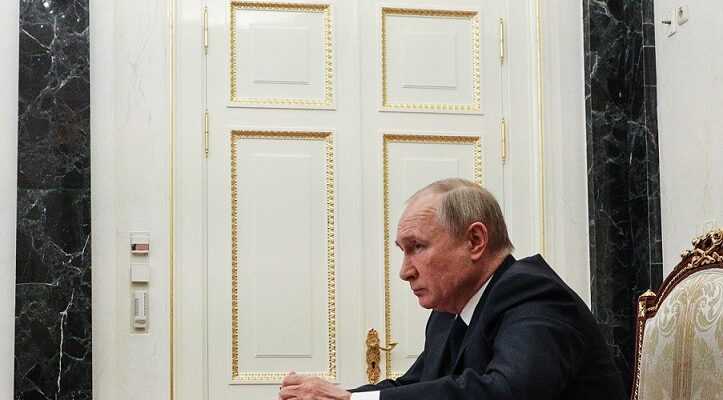European stock markets closed this Friday session on the rise, at the end of a week marked by large amplitudes of variations according to geopolitical developments and expectations of normalization of monetary policies by central banks. The Cac 40, which fell to 0.67% this morning after an initial jump, suddenly jumped at midday to gain more than 4%.
Vladimir Putin said that “some positive developments” had been noted in the talks with Ukraine, according to comments reported by Interfax. According to the Russian news agency, President Putin told his Belarusian counterpart Alexander Lukashenko that these advances were reported to him by his negotiators, adding that talks are continuing on a “almost daily”.
Subsequently, the Bedroom 40 gave up much of its gains to finish up 0.85% to 6,260.25 points. The failure of the latest negotiations between the Russian and Ukrainian foreign ministers in Turkey yesterday is a reminder that hopes for appeasement in the conflict may be quickly dashed as Russian bombardment intensifies from the east to the south of the Ukraine and for Moscow to reorganize its troops around Kiev. In response, the United States and its allies in the European Union and the G7 will strip Russia of its privileged trading partner status, paving the way for tariffs on many Russian products, reports Reuters in citing sources familiar with the matter.
Over the week, the Paris index gained 3.3%, its first weekly increase in a month (-12% since the start of the year). “The market is starting to get used to the uncertainties” caused by the war in Ukraine, explains Louise Dudley, manager at Federated Hermes. Stakeholders “take advantage of volatility and negative sentiment to seek out opportunities”she concludes.
EssilorLuxottica gained almost 3%. The ophthalmic optics giant, which has published its 2021 accounts, says it expects steady growth in sales over the 2022-2026 period, after seeing its business rebound last year.
The ECB less accommodating, the Fed ready to act
Yesterday, the European Central Bank adopted a more aggressive tone by suggesting the possible end of its asset purchases under its classic APP program in the second quarter, likely a prerequisite for monetary tightening in the second half. In its latest projections, the ECB is now counting on an inflation rate of 5.1% this year, against 3.2% estimated in February. In Germany, the rise in prices was confirmed at 5.5% over one year in February.
In the United States, consumer prices accelerated again in February to reach 7.9% over one year, a new 40-year high. The US Federal Reserve should therefore take the plunge next Wednesday by announcing a 25 basis point hike in the Fed Funds rate. Soaring prices could even prompt the Fed to act “more aggressive way” to try to stem inflation, recalled Jerome Powell before Congress last week.
